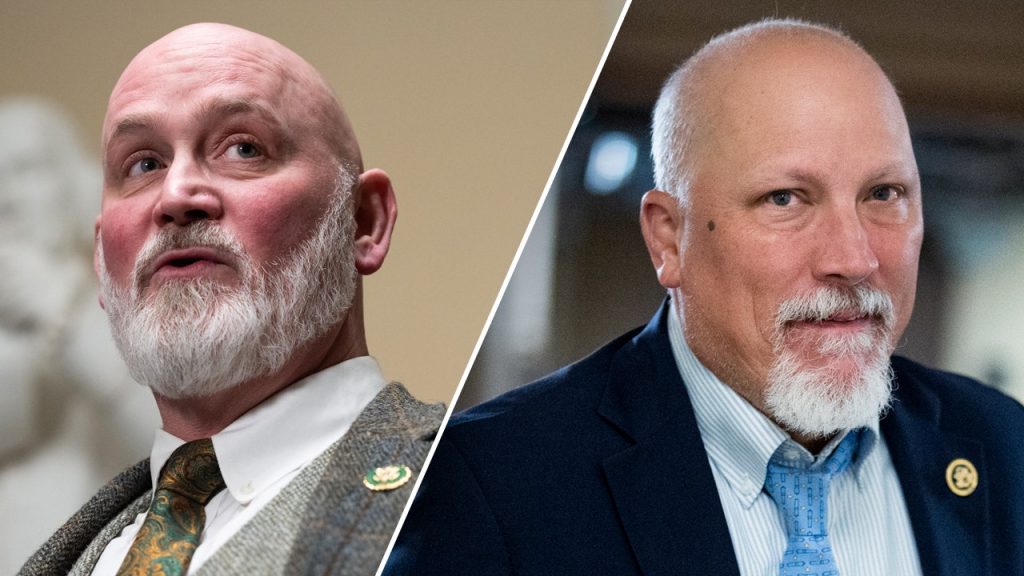The race for Speaker of the House is intensifying, with incumbent Speaker Mike Johnson facing a challenging path to retaining his position. While he has secured the endorsement of former President Donald Trump, several Republican representatives remain undecided or openly opposed to his speakership, jeopardizing his ability to garner the necessary majority vote. This internal struggle within the Republican party underscores the ongoing tensions and divisions that have characterized the House in recent years, and highlights the difficulties in achieving consensus even within a single party.
Rep. Derrick Van Orden (R-Wisc.), a staunch Trump supporter, publicly criticized Rep. Chip Roy (R-Tx.) for his hesitancy to endorse Johnson. Van Orden framed Roy’s indecision as a betrayal of both Trump and the “America First” agenda, accusing him of prioritizing his personal brand over party unity and the will of the voters who elected Trump. Van Orden’s strong words reflect the deep divisions within the Republican caucus, with some members prioritizing loyalty to Trump and his chosen candidate above other considerations, while others like Roy appear more focused on specific policy demands and internal reforms within the House.
Roy has explained his position, stating that while he respects both Johnson and Trump, he requires assurances that the House will operate differently under Johnson’s leadership. He has criticized past spending practices and foreign policy decisions, and is seemingly seeking a more fiscally conservative and less interventionist approach. His reluctance to support Johnson without these guarantees reflects the concerns of a segment of the Republican party that feels the leadership has not adequately addressed their priorities. This divide between the more moderate and more hardline factions of the party adds another layer of complexity to the speaker race.
The situation is further complicated by the open opposition of Rep. Thomas Massie (R-Ky.), who has declared he will not vote for Johnson. With such narrow margins in the House, even a small number of dissenting votes can be decisive. If just two Republicans join Massie in opposing Johnson, it could prevent him from reaching the required majority, potentially leading to a protracted and chaotic speaker selection process, similar to the one witnessed earlier this year.
The dynamics of the vote underscore the precarious nature of Johnson’s position. Senior congressional correspondent Chad Pergram has outlined the mathematical realities of the vote, emphasizing that the winning candidate needs an outright majority of all members voting for a specific candidate. In a hypothetical scenario with 434 members present and voting, Johnson would need 218 votes to secure the speakership. Even if all other Republicans support him, the defection of just two members could be enough to block his victory.
This internal Republican struggle highlights the significant challenges facing the party as it attempts to govern with a slim majority. The divisions over the speakership reflect broader disagreements on policy, strategy, and the role of former President Trump within the party. The outcome of the speaker vote will not only determine who leads the House, but will also send a powerful signal about the future direction of the Republican party and its ability to effectively govern in the coming years. The pressure is mounting on both Johnson and his detractors to find a resolution that can unite the party or risk further internal strife and legislative gridlock.

